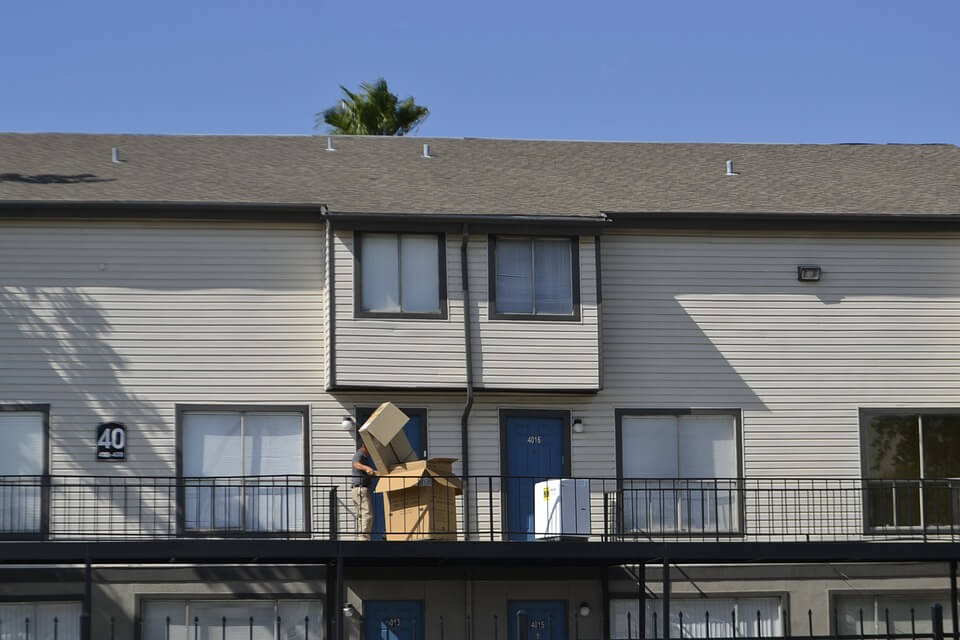When is it time for retirees to downsize their home?

Making the decision to downsize your home can be difficult. On one hand, you may be reluctant to give up the house you spent most of your adult years in, raising children and making memories with loved ones. On the other hand, continuing to maintain a large property during retirement can hold you back from enjoying this period of life, and it can even become too challenging if you're faced with health or financial issues. Here, consider some signs that it may be time to downsize.
You Don't Need the Space Anymore
Perhaps a 4 bedroom, 3 bathroom house was necessary when you were raising children, but you may find that you just don't need the space, and won't miss it, once the children are grown and you've entered retirement.
If you have rooms sitting empty and don't need the extra storage space, it may be time to downsize, especially if you find that upkeep for a large home is interfering with enjoying your retirement.
Health or Mobility Issues Make Your Home Impractical
Maybe you've had multiple surgeries that have limited your mobility, or perhaps you experience a condition like arthritis or chronic pain that makes it challenging to climb stairs and maintain a large property. If this is the case, your current home simply may not work for you anymore, and downsizing to a ranch or a one-story condo may make more sense.
Condo living can be especially attractive if outdoor tasks like yard work and shoveling snow have become too much to handle, as a homeowner's association (HOA) will typically take care of these responsibilities in condo communities.
Financial Strain Has Become Problematic
During retirement, it is not uncommon to find yourself on a fixed income. If you still have a mortgage on your property or are shelling out thousands per year for home insurance and property taxes, staying in the same home may not be financially feasible. If you're struggling to make ends meet on a fixed retirement income, it may be time to downsize. If you're able to pay off your mortgage and pocket some profit to put toward a downpayment on a more affordable property, you may find that your monthly expenses decrease significantly after downsizing.
It is important to first consider the costs of preparing your home to sell, hiring a real estate agent, and making the move to a new home to ensure that selling will pay off financially.
You Have Other Priorities in Life
Life certainly changes with retirement. You're no longer tied down to one location due to work, and you have the freedom to explore. Perhaps you're interested in traveling, or maybe you'd even like to look into owning a vacation property across the country. In this case, a smaller primary residence makes sense, as you won't be spending all of your time at home. Downsizing also frees up money for traveling or a second residence.
On the other hand, maybe you have grandkids, and you'd like to have more time to devote to visiting them, instead of having to set aside time to care for the house. Whatever your priorities are, downsizing can free up some time and energy.
The Bottom Line: Is it Time to Downsize?
Whether it's time to downsize is ultimately a very personal decision, and you don't have to feel pressured to sell your home and move to a condo or smaller property just because you've retired. If you have strong emotional ties to your home and are still able to care for it, there is no reason to leave just yet, especially if you don't feel ready.
That being said, if you're starting to come to terms with the thought of selling your home, it may be time to downsize. This is especially true if you simply aren't able to care for your home anymore, or if financial strains are making it difficult for you to justify staying. If you're undecided, it may be helpful to weigh the pros and cons of downsizing. If you can come up with several reasons to sell, and only one or two reasons to stay, downsizing might be in your near future.